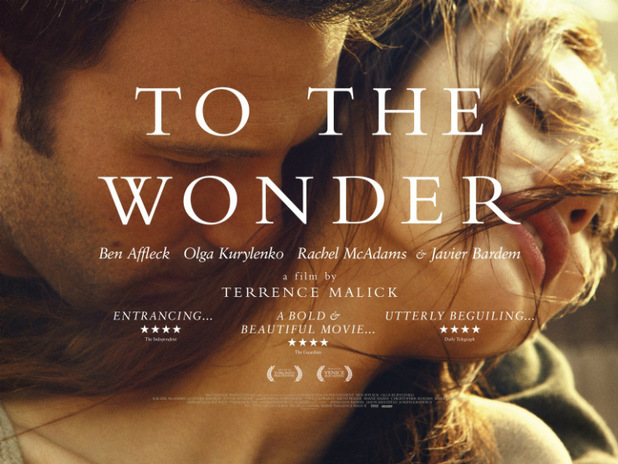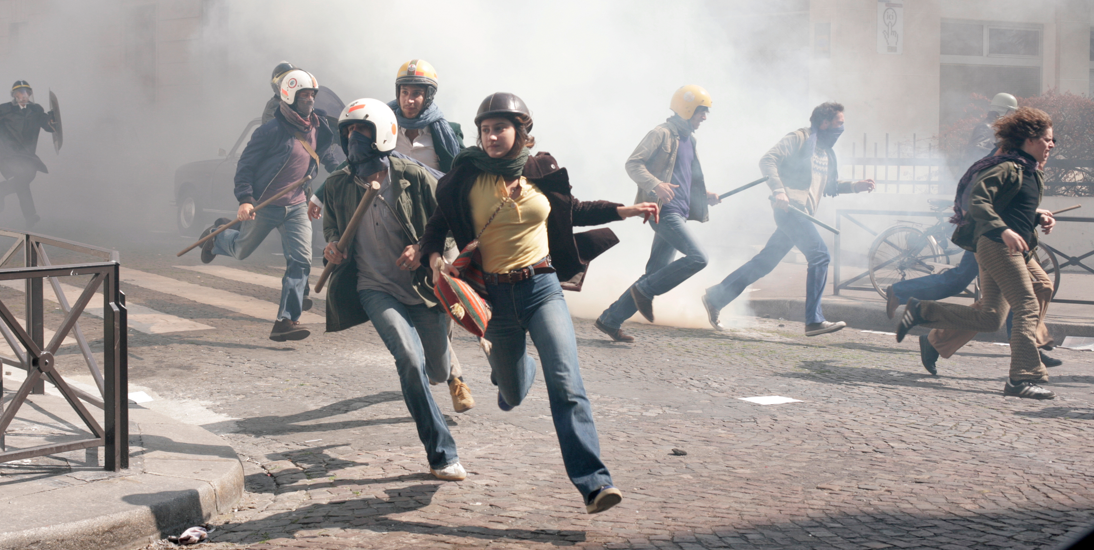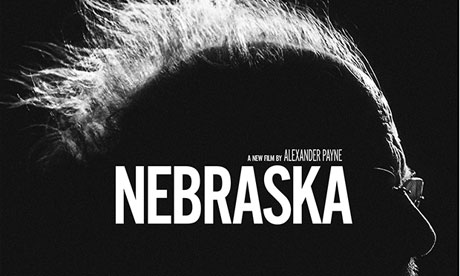



The top four films of the year are all from the USA, which ought to be a disgrace, but there are just that good.
11. Museum Hours was an
endlessly fascinating wander through the unknown avenues of art and cinema,
being a fictional narrative, a documentary, a city symphony, an essay film, an
art lecture and a rumination about how life effects art and vice versa. It
encourages its viewers to look at the world differently and has a highly
egalitarian view of what constitutes art. As a result, it is fascinating,
unpretentious and, in some small way, inspiring.
10. Reality starts badly,
appearing to mock its celebrity obsessed characters until, following one odd
gear change after another, you realize that, despite yourself, you are rooting
for them to succeed. With a great ending to finish it all off, it ends up being
a funny, moving, unexpectedly profound film about our culture and ourselves.
9. The Place Beyond The Pines is
a story of generational conflict, pain that lasts longer than memories and the
passage of time. It is powerfully moving and surprisingly simple. Derek
Cianfrance adds immensely to his portfolio, while retaining the
Cassavetes-inflected style that made Blue Valentine works so well.
Brilliantly made, it is a film of ambition that actually manages to succeed on
its own terms.
8. Like Someone in Love is
another film that plays around with identity and story from Abbas Kiarostami
but here, unlike the stilted and clinical Certified Copy, he is also
having fun. The themes are given centre stage to such an extent that it becomes
a little one-note, but Kiarostami is always able to add a new situation or a
new idea to add further interest and complexity. Alongside No. 5, it uses
ambiguity better than any film this year.
7. Something In The Air may
subtly criticise the ethics of the revolutionary young, but it is primarily a
work of nostalgia, one that is all the sadder because the traces of that
intellectual antiauthoritarianism are becoming more and more distant.
Nonetheless, it is a lot of fun, particularly if you are interested in
1960s-70s French cinema and the politics behind much of it, and very well made.
6. Gloria. An uplifting
film about a middle-aged woman in search of love, which is never ironic or
patronising. Paulina Garcia is brilliant in the central role and Sebastián
Lelio directs with a compassionate camera that seeks and finds wonderful
moments of humanity, romance and humour.
5. Beyond The Hills is a
brilliant investigation of the power of faith on the individual and on the
group. Based on a real case, but far from accusing or exploitative, it examines
the power of religion by refusing to tell the audience whether the possession
and subsequent exorcism that led to murder is real or merely acts of hysteria.
It is brilliantly shot, well paced and proof that visual and editing tricks are
not necessary to sustain interest. The performances in particular make it such
a powerful film.
4. The same goes for Captain Phillips, which is either simply military porn or an uncomfortable display
of America’s military power all the world over depending on who you ask (for me
it’s the latter), but it is without a doubt a powerful, haunting examination of
humans under pressure. On the boat and off it, the film displays an admirable
sense of fair play, showing the toll taken on both the hijackers and hostages.
The end, far from bombastic, is powerfully sad and the best work that Tom
Hanks, and Paul Greengrass, have ever done.
3. To The Wonder is
another beautiful film by Terrence Malick, which defies anyone to write about
it. It is, at the end of the day, a film that has to be seen to be fully
appreciated and no writing about the film’s themes (matching the failure of
love in a relationship with the failure of faith in a priest) or imagery
(finding the infinite in a shot of sunlight on a fence) is going to prove
otherwise. It is possibly the truest film of the year – i.e. the film least
likely to be adapted effectively into another medium. Pure cinema.
2. Alexander Payne would most
likely always earn a place on these lists as long as he keeps making films. Nebraska is a lovely, pleasing little film that is all the more effective because so
few filmmakers bother making films about people anymore – though this year
seems to be a good year for that. This film (and Nos. 1,4,5,6,9 and 10) is
ultimately about people and is, hence, about our lives, our families and our
friends. While films with more of an agenda may be more worthy of praise (a
decision I made in 2012 with The Descendants and This Is Not A Film),
films like Nebraska are more than important, they are necessary.
1. Before Midnight is the best film of the year and it
may even be the simplest. With this series, Richard Linklater, Ethan Hawke and
Julie Delpy have created two characters that are so believable and so likeable
that we can simply just watch them. Without the romantic genre trappings or the
ever-approaching deadline of the first two films, Before Midnight is the
most realistic and the most melancholy. However, it is also incredibly
respectful and moving, allowing any character to have their moment – Xenia
Kalogeropoulou does more with one monologue than many actors do with entire
films. It is a film in which the characters live and breathe, think and talk,
have pasts and hopefully futures.
Also-rans include:
As I refer to
above, some films are worth mentioning for their importance, even if they are
less successful as films in themselves. In that case, special mention goes to The Act of Killing and Dirty Wars.

No comments:
Post a Comment